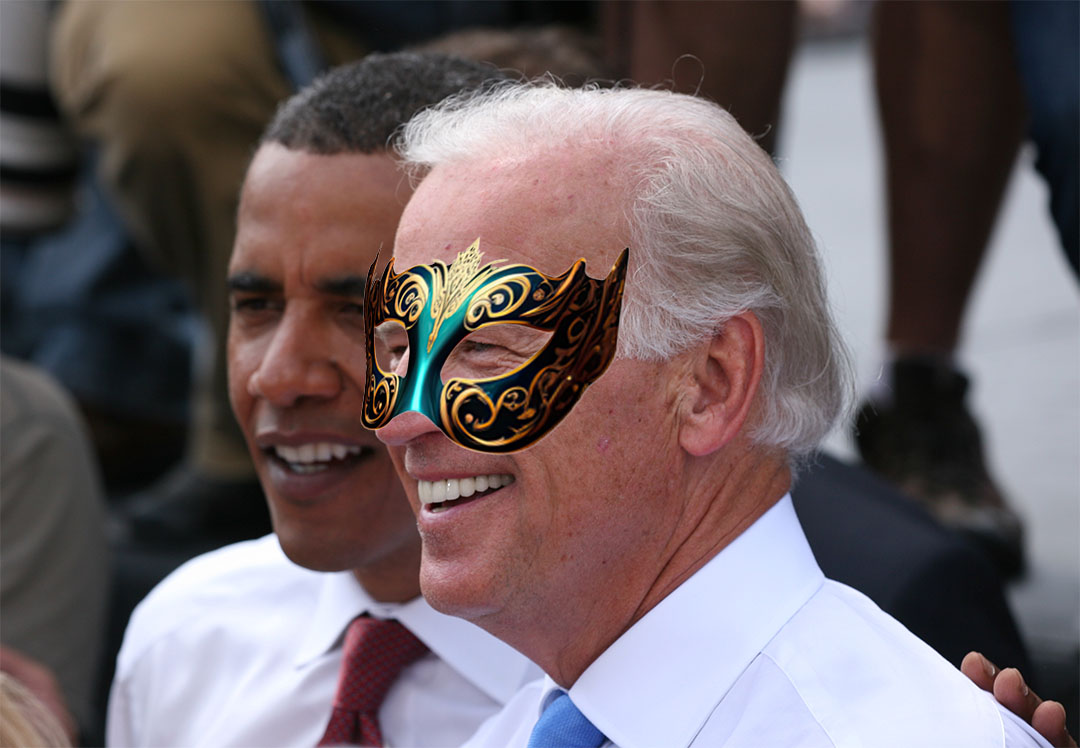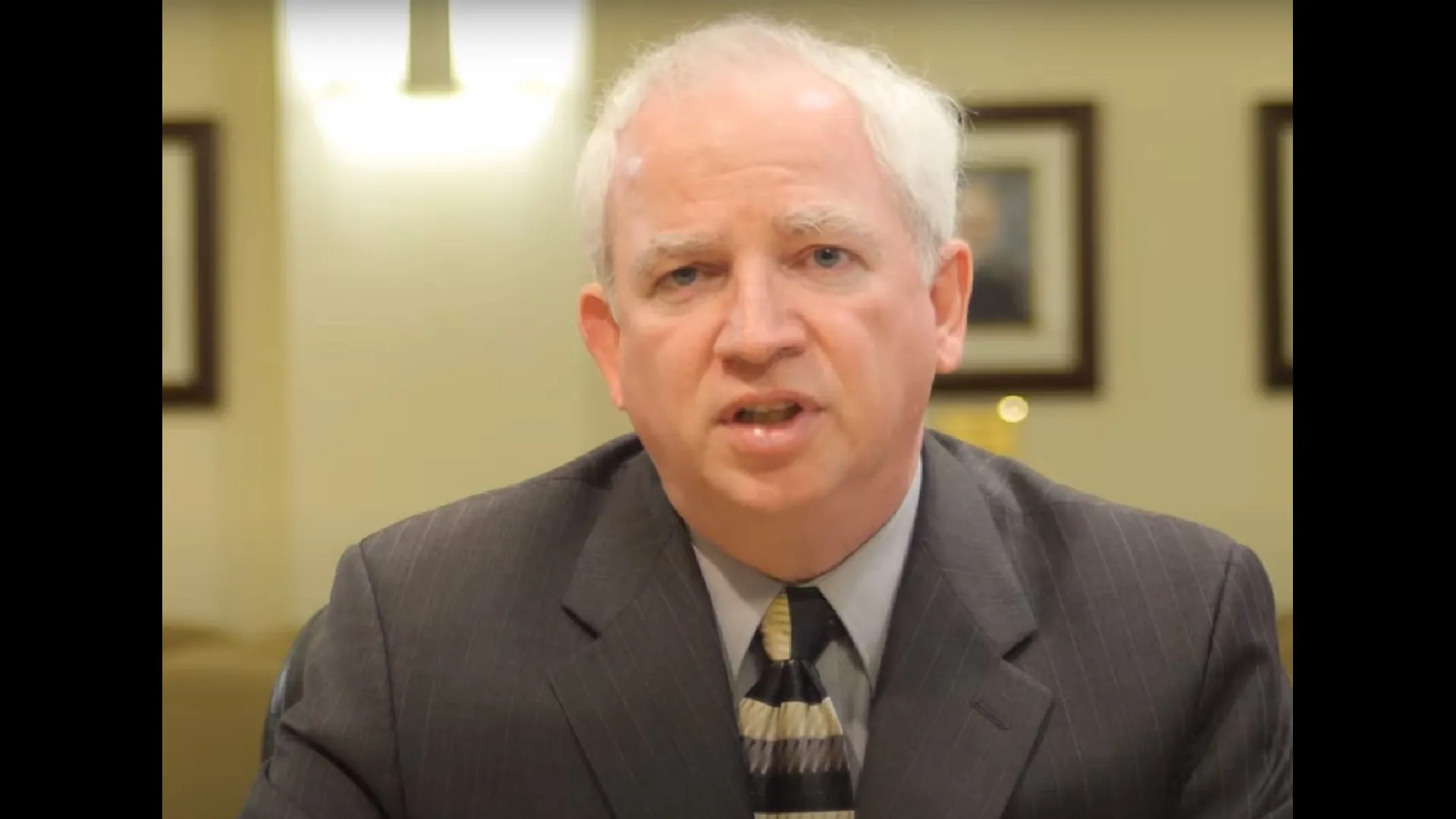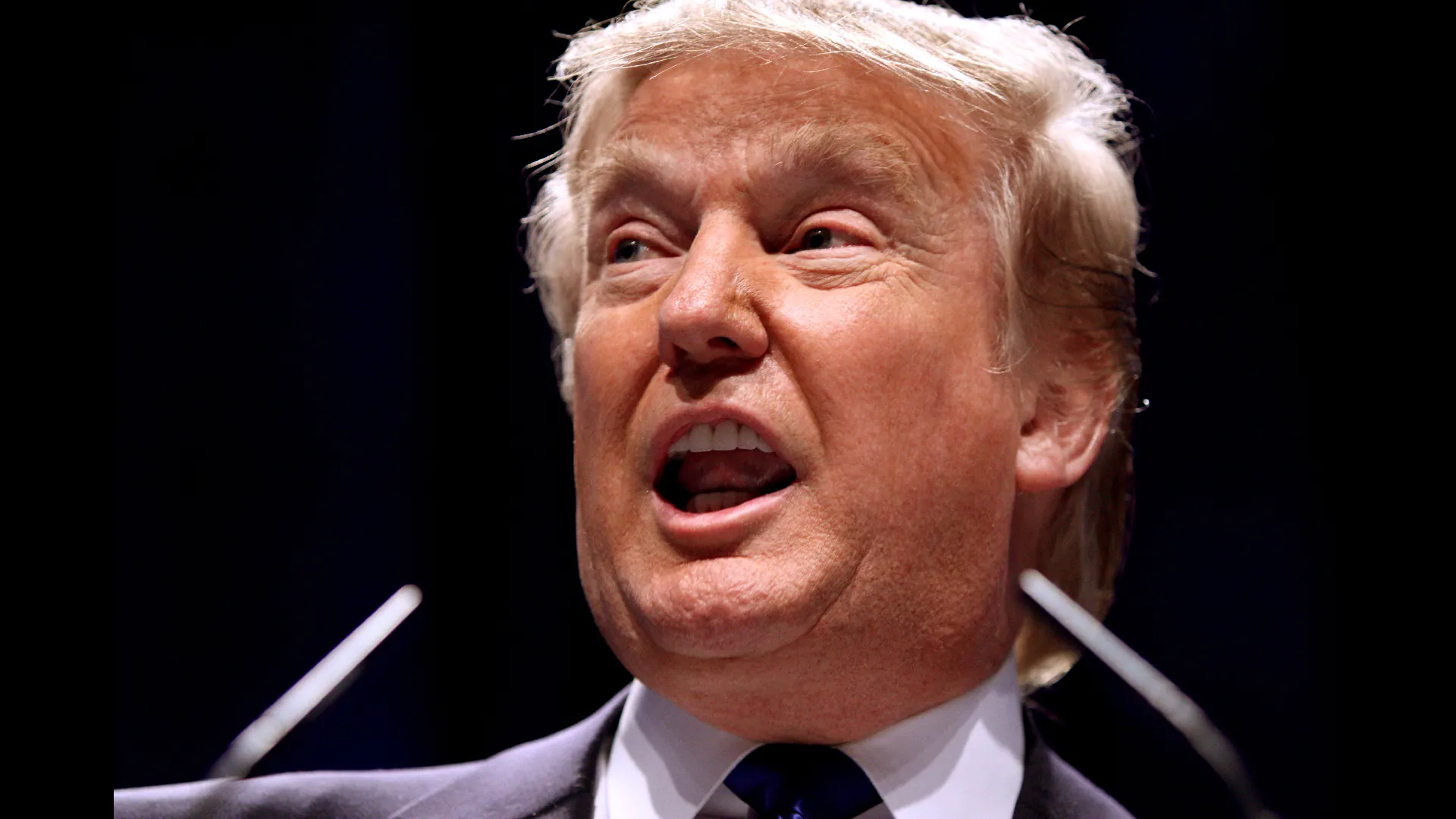Worldcoin's launch and concerns raised.
Worldcoin's 'Digital Passport' Raises Concerns Over Privacy and Security
August 8, 2023 3:56 PM EDT
- The Gist
- Worldcoin has launched its 'Digital Passport' known as the World ID
- The World ID serves as proof of human identity and requires an in-person iris scan
- The project gained 2 million users during the beta period and is expanding to 35 cities across 20 countries
- Worldcoin's cryptocurrency token, WLD, has performed well on Binance
- The purpose of the World ID is to distinguish between real people and AI bots
- Concerns have been raised about privacy and security issues with the World ID system
Worldcoin, the cryptocurrency project founded by OpenAI CEO Sam Altman, has recently launched its highly anticipated 'Digital Passport' known as the World ID. However, this innovative concept has raised significant concerns over privacy and security.


The World ID is being described as a "digital passport" that serves as proof of human identity, differentiating individuals from AI bots. To obtain a World ID, customers are required to undergo an in-person iris scan using Worldcoin's unique device called the 'orb'. This silver ball, approximately the size of a bowling ball, captures the iris scan, ensuring the authenticity of the user.
Tools for Humanity, the company behind Worldcoin, is based in San Francisco and Berlin. During the beta period, the project gained an impressive 2 million users, and with the official launch, it is expanding its operations to 35 cities across 20 countries. Additionally, users in select countries will receive Worldcoin's cryptocurrency token, WLD.
The market performance of Worldcoin's cryptocurrency token has been noteworthy, with its price on Binance, the world's largest exchange, reaching a peak of $5.29. Co-founder Alex Blania highlights the privacy-preserving nature of blockchain technology, which securely stores World IDs, making them impervious to control or shutdown by any single entity.
The purpose behind the World ID is to address the growing concern of distinguishing between real people and AI bots, particularly in the era of generative AI chatbots. Sam Altman, the visionary behind Worldcoin, believes that this project can play a crucial role in addressing income inequality and even pave the way for universal basic income (UBI) funded by AI. While the distribution of UBI remains uncertain, Altman acknowledges that Worldcoin is laying the groundwork for this future possibility.
Worldcoin has successfully raised an impressive $250 million with support from prominent investors such as Andreessen Horowitz and Khosla Ventures. With this substantial funding, the project has ambitious plans to expand to 1,500 orbs in 35 cities across five continents by the end of 2023.
However, despite the excitement surrounding Worldcoin's 'Digital Passport', concerns and criticism have emerged. Critics have raised valid worries regarding privacy, accessibility, centralization, and security issues. Ethereum co-founder Vitalik Buterin has expressed particular concerns about Worldcoin's "Proof of Personhood" system and its potential impact on privacy.
Worldcoin's 'Digital Passport' has undoubtedly raised concerns over privacy and security. While the project showcases promising market performance and aims to address income inequality, critics argue that the potential risks associated with this system cannot be ignored. As the world embraces this new era of digital identification, it is crucial to question the potential implications and ensure that privacy and security remain at the forefront of this technological advancement.
Tools for Humanity, the company behind Worldcoin, is based in San Francisco and Berlin. During the beta period, the project gained an impressive 2 million users, and with the official launch, it is expanding its operations to 35 cities across 20 countries. Additionally, users in select countries will receive Worldcoin's cryptocurrency token, WLD.
The market performance of Worldcoin's cryptocurrency token has been noteworthy, with its price on Binance, the world's largest exchange, reaching a peak of $5.29. Co-founder Alex Blania highlights the privacy-preserving nature of blockchain technology, which securely stores World IDs, making them impervious to control or shutdown by any single entity.
The purpose behind the World ID is to address the growing concern of distinguishing between real people and AI bots, particularly in the era of generative AI chatbots. Sam Altman, the visionary behind Worldcoin, believes that this project can play a crucial role in addressing income inequality and even pave the way for universal basic income (UBI) funded by AI. While the distribution of UBI remains uncertain, Altman acknowledges that Worldcoin is laying the groundwork for this future possibility.
Worldcoin has successfully raised an impressive $250 million with support from prominent investors such as Andreessen Horowitz and Khosla Ventures. With this substantial funding, the project has ambitious plans to expand to 1,500 orbs in 35 cities across five continents by the end of 2023.
However, despite the excitement surrounding Worldcoin's 'Digital Passport', concerns and criticism have emerged. Critics have raised valid worries regarding privacy, accessibility, centralization, and security issues. Ethereum co-founder Vitalik Buterin has expressed particular concerns about Worldcoin's "Proof of Personhood" system and its potential impact on privacy.
Worldcoin's 'Digital Passport' has undoubtedly raised concerns over privacy and security. While the project showcases promising market performance and aims to address income inequality, critics argue that the potential risks associated with this system cannot be ignored. As the world embraces this new era of digital identification, it is crucial to question the potential implications and ensure that privacy and security remain at the forefront of this technological advancement.
No, Really?! There's More News:
 President Biden's Use of Aliases Raises Concerns of Corruption and Influence Peddling
President Biden's Use of Aliases Raises Concerns of Corruption and Influence Peddling  Eastman's Legal Team Claims Indictment is Politically Motivated
Eastman's Legal Team Claims Indictment is Politically Motivated  Constitutionality Questioned: Trump Indictment Draws Scrutiny for Violating Rights
Constitutionality Questioned: Trump Indictment Draws Scrutiny for Violating Rights  Lackluster Response: Biden Fails to Address Rising Death Toll in Maui
Lackluster Response: Biden Fails to Address Rising Death Toll in Maui